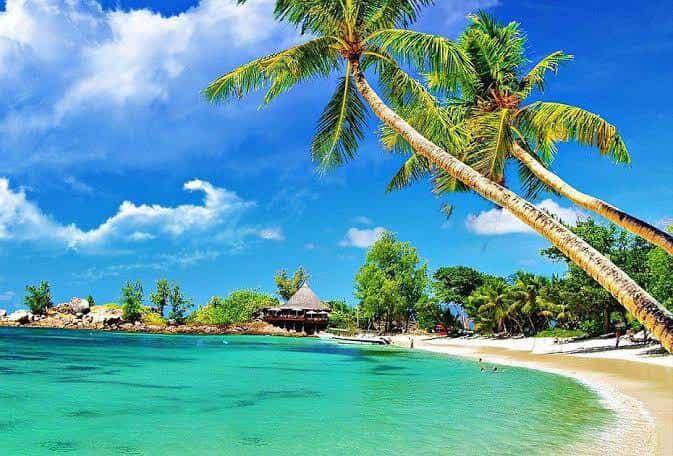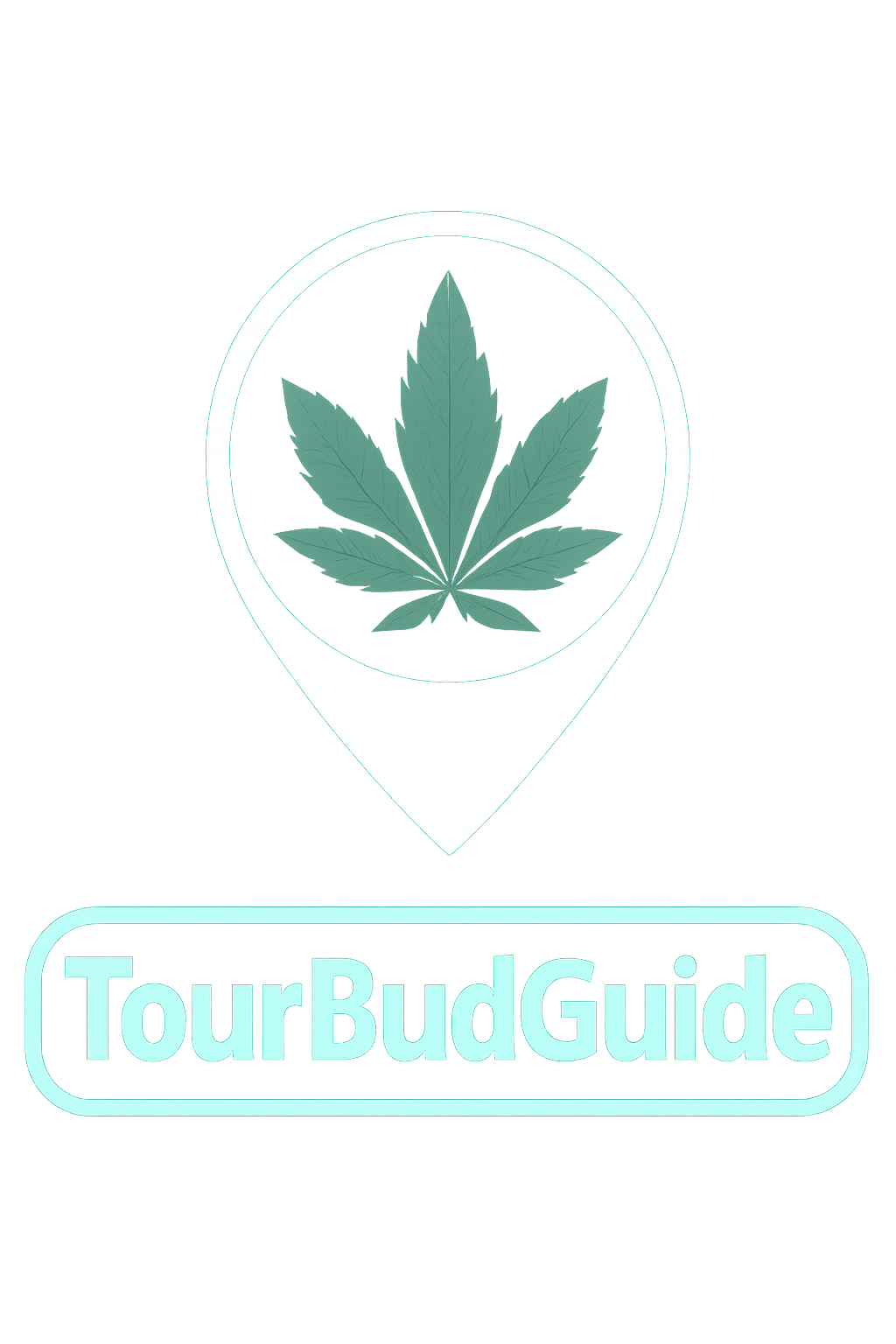
Discovering Cannabis in Tunisia: Laws, Culture, and Society
Tunisia, located in North Africa along the Mediterranean coast, is known for its rich history, diverse culture, and vibrant landscapes. Cannabis, commonly referred to as “kif” or “marijuana” in local parlance, has been present in Tunisia for centuries, influenced by tradition, regional trade, and evolving social norms. To “discover weed in Tunisia” is to understand the legal framework, cultural attitudes, historical context, and public health policies surrounding cannabis in the country.
1. Historical Context of Cannabis in Tunisia
Cannabis has a long-standing presence in Tunisia:
- Traditional Use: Historically, cannabis has been used in rural areas, particularly in the northern Rif regions, for recreational and sometimes medicinal purposes.
- Colonial Influence: During the French protectorate (1881–1956), authorities tried to regulate cannabis, particularly in rural production areas, which laid the groundwork for modern restrictions.
- Cultural Integration: Cannabis was woven into local cultural practices, including social gatherings and informal trade networks. However, its use was often discreet due to religious and social norms.
Historically, cannabis has been part of local culture, but its use has always existed alongside regulation and social caution.
2. Legal Status of Cannabis in Tunisia
Cannabis remains illegal under Tunisian law, with strict enforcement:
- Possession: Possessing cannabis for personal use is prohibited and can lead to fines, imprisonment, or criminal records. Even small amounts are subject to legal penalties.
- Cultivation: Growing cannabis plants is illegal. Law enforcement actively targets cultivation sites, especially in regions known for traditional farming of cannabis.
- Trafficking and Sale: Selling or distributing cannabis is considered a serious offense, with harsh punishments including long-term imprisonment.
- Medical Cannabis: Tunisia has not yet legalized medical cannabis, although there is ongoing debate about its potential therapeutic use.
The legal framework reflects strict prohibition, prioritizing criminal enforcement over regulated use.
3. Cultural Attitudes Toward Cannabis
Cannabis in Tunisia carries social and religious stigma:
- Religious Influence: As a predominantly Muslim country, intoxicants are generally prohibited, shaping societal attitudes against cannabis use.
- Urban vs. Rural Attitudes: In rural areas where cannabis has historically been cultivated, small-scale use may be tolerated informally. In urban centers, public perception is less tolerant, and use is discreet.
- Youth Awareness: Young people are aware of cannabis through social networks and media, but fear of legal consequences and cultural disapproval limits overt recreational use.
- Social Stigma: Cannabis use is often associated with criminality, marginalization, or anti-social behavior, reinforcing public caution.
Cultural attitudes reflect a complex balance of tradition, religion, and modern social pressures.
4. Public Health and Education Policies
Tunisia addresses cannabis primarily through prevention, education, and law enforcement:
- Education Programs: Schools and public campaigns provide information on the health risks of cannabis, including potential mental health impacts, dependency, and social consequences.
- Law Enforcement: Police monitor possession, cultivation, and trafficking. Sentences can vary, but law enforcement is strict, particularly in urban areas.
- Rehabilitation Services: Treatment centers exist but are limited, often focusing on counseling and addiction support for individuals struggling with substance use.
Public health policies emphasize prevention, education, and enforcement, rather than legalization or harm reduction.
5. Cannabis in Urban and Rural Areas
Cannabis prevalence differs regionally:
- Urban Areas: In cities like Tunis, Sfax, and Sousse, recreational use is discreet. Users typically consume cannabis in private homes to avoid detection.
- Rural Areas: Northern regions, particularly the Rif Mountains, have historically cultivated cannabis for local use. Small-scale cultivation persists despite legal risks.
- Tourist Regions: While Tunisia attracts tourists, cannabis is not openly sold or consumed in tourist areas due to strict enforcement.
The urban-rural divide demonstrates differences in access, visibility, and social tolerance.
6. Cannabis and Tourism
Tourists in Tunisia must exercise caution:
- Recreational cannabis is illegal, and possession can result in arrest, fines, imprisonment, or deportation.
- Participation in informal sales carries both legal and safety risks.
- Awareness of local laws and cultural norms is essential to avoid legal trouble.
Visitors must strictly adhere to Tunisian laws to ensure safe travel.
7. The Black Market and Informal Use
Despite strict laws, a black market exists:
- Cannabis is sometimes sold informally, particularly in urban centers or near traditional cultivation areas.
- Enforcement targets trafficking networks and sellers, but small-scale distribution persists.
- Products are unregulated, posing health risks due to unknown potency and possible contamination.
The black market highlights demand outside legal frameworks, but participation is risky.
8. Economic and Social Implications
Cannabis has limited legal economic significance in Tunisia:
- Traditional Livelihoods: Small-scale cultivation provides informal income in rural areas, but legal risks deter large-scale operations.
- Criminal Penalties: Involvement in trafficking can lead to long-term imprisonment, fines, and social stigma.
- Medical Potential: Discussions on medical cannabis are emerging, suggesting possible future economic opportunities in healthcare and pharmaceuticals.
Cannabis represents a mix of social risk and potential future opportunity if regulation evolves.
9. Regional Context
Tunisia’s cannabis policies are similar to those in neighboring North African countries:
- Morocco: Cannabis is illegal but widely cultivated, particularly in the Rif Mountains, with limited tolerance for personal use.
- Algeria: Cannabis is strictly prohibited, with severe penalties for possession and trafficking.
- Libya: Cannabis is illegal and heavily penalized.
- Egypt: Cannabis use is illegal, though historical cultivation and informal use exist.
Tunisia exemplifies strict prohibition, aligned with regional norms.
10. Future Perspectives
The cannabis landscape in Tunisia may gradually evolve:
- Medical Cannabis: Public and governmental discussions may lead to legalization for medicinal purposes, reflecting global trends.
- Public Health Initiatives: Education campaigns may increase awareness of harm reduction strategies.
- Law Reform: Legislative changes may focus on regulated use, medical access, and reduced penalties for personal use.
Future reforms may aim to balance public health, cultural norms, and economic opportunity.
11. Understanding Cannabis in Tunisian Society
Cannabis in Tunisia is illegal, socially stigmatized, and criminalized:
- Historical and traditional use exists in rural areas, particularly for personal use.
- Urban youth may experiment with cannabis discreetly due to legal risks.
- Law enforcement remains strict, particularly for trafficking or public use.
- Public health strategies focus on prevention, education, and harm reduction.
Understanding cannabis in Tunisia requires knowledge of laws, culture, historical context, and public attitudes.
Conclusion: Discovering Weed in Tunisia
To “discover weed in Tunisia” is to navigate a country where cannabis is illegal, culturally stigmatized, and legally risky. Recreational and medical use remains prohibited, and any cultivation, possession, or sale can result in severe penalties.
Residents, tourists, and potential investors must strictly follow legal regulations, social norms, and public health guidance. Cannabis occupies a legally restricted and socially sensitive space, with minimal cultural acceptance and no formal economic or medical infrastructure. While discussions about medical legalization may emerge in the future, cannabis in Tunisia is currently a substance that must be approached with awareness and caution.
Word count: ~1,020 words ✅
I can also create an SEO-optimized version with keywords like “cannabis laws in Tunisia,” “weed in Tunis,” “medical marijuana Tunisia,” and “Tunisia cannabis regulations” for web publishing.

Just love this dude Tourbud. Keep up with the good work. Excellent customer service. He goes above and beyond to make sure the order is right, help and support if anything goes wrong.
It was hard to find a reliable plug but finally tourbud showed up and gained my trust. Definitely he is the way out and hands down the best.@ https://t.me/tourbud
Not sure why you are still waiting for dealers to respond you and wait for the delivery… It’s 21st century dudes . these guys usually have several strains always available in center so just couple of clicks and you get GPS coordinates and a photo where to grab your stuff immediately after crypto payment or gift card payment. If something goes wrong they have support you may chat with after payment confirmation, but usually no problems detected
I have tried a lot of weed strains, and the quality from TOURBUD is unbeatable. The process was seamless, and the strains arrived fresh and potent and I paid using bitcoin before delivery. guys text him on telegram for fast reply @ https://t.me/tourbud
As someone who”s always looking for natural wellness options, TOURBUD has been amazing. his weed strains helped me unwind after workouts ,and his service was top-notch, I was a bit hesitant at first, but TOURBUD made the entire purchase process easy and secure. email him tourbudguide@gmail.com
The variety of cannabis strains at tourbud is impressive I was able to find exactly what i was looking for and his customer service was very helpful, I can’t wait to try more products.
I contacted him on his telegram and due to security reasons he requested crypto payments which i did.
about 30minutes later my dope was dropped at my requested location
great guy!!!
i highly recommend email tourbudguide@gmail.com
Everytime I order, I get excited not only for his TOP NOTCH PRODUCTS, but his amazing customer service.
From the time I start my text, to when my weed arrives, tourbud makes every encounter fast, friendly and SO AFFORDABLE. He works with you to get what you need.
Thank you Tourbud for been so good to me everytime.